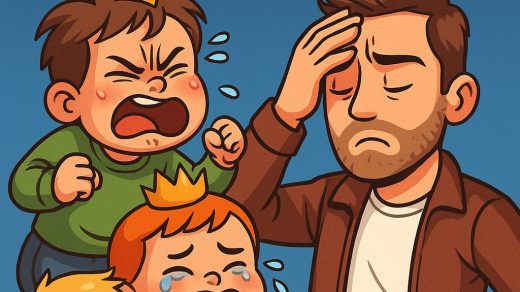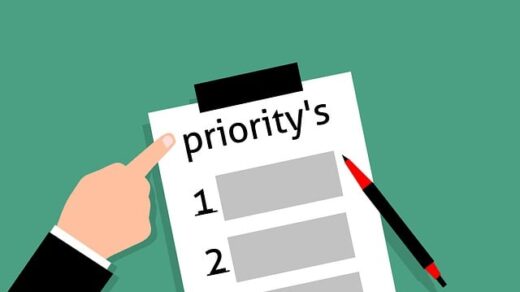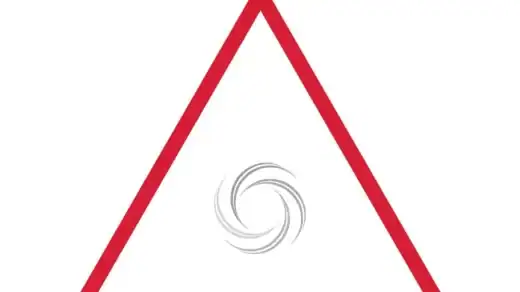Introduction
Humans are social creatures, and one of our deepest psychological tendencies is the need for social approval. Many of us are unknowingly addicted to seeking validation from others, allowing them to influence our personal decisions—even when these people contribute nothing to our lives.
But why do we give people the power to shape our self-worth? Why do we feel compelled to get approval from people whose disappearance from our lives wouldn’t even make a difference?
This article will explore the psychological origins of our need for approval, how it affects us negatively as adults, and how to break free from this cycle to reclaim control over our decisions.
How and When Did We Start Relying on People’s Approval?
Psychologists argue that our need for validation begins in early childhood. Developmental theorist Erik Erikson suggested that as children, we seek approval from caregivers to build a sense of trust and autonomy (Childhood and Society).
How did we develop this habit?
- Infant Stage: Our first steps and words were met with cheers, reinforcing the connection between approval and achievement.
- Childhood: We learned that completing tasks (finishing meals, cleaning rooms, getting good grades) earned smiles, praises, and rewards.
- Adolescence: Approval-seeking intensified, as social belonging became a core aspect of identity formation (Motivation and Personality, Maslow).
During these formative years, our brains wired approval to a dopamine reward system (Predictive Reward Signal of Dopamine Neurons, Schultz). Every nod of approval triggered a small chemical boost, creating an addictive cycle. The problem? What served us as children no longer serves us in adulthood.
How Chasing People’s Approval Affects Us Negatively
Approval in Childhood vs. Adulthood
As children, approval signaled we were on the right path. But in adult life, things are different:
- Life is Competitive – Not everyone wants you to succeed, and some might feel threatened by your growth.
- Approval is Not Always Genuine – People may approve or disapprove based on hidden motives rather than objective merit.
- People-Pleasing Leads to Compromise – Seeking approval can lead to self-betrayal, where you sacrifice what you are to fit expectations.
The Dark Side of Approval-Seeking
Psychologists like Carl Rogers argued that self-worth should come from within, not external validation (On Becoming a Person). Relying on external approval can lead to:
- Fear of Rejection – You hesitate to take risks or express unpopular opinions.
- Emotional Manipulation – People control you by withholding approval until you conform.
- Loss of Identity – You shape your life based on others’ expectations, not what you want to achieve.
If approval was once a reward system, it has now become a prison that will take you only as far as everyone else have gone.
How to Break Free from Chasing Approval
Breaking free requires retraining your brain to find inner validation rather than external approval.
Step 1: Understand That the Old Belief System No Longer Serves You
This belief system was necessary in childhood but is harmful in adulthood. The first step is recognizing that seeking social approval is not a necessity—but a learned habit.
Step 2: Develop Self-Approval as Your New Standard
Ask yourself:
- Do I actually respect the people I seek approval from?
- If their approval disappeared, would my life truly change?
- Is this approval benefiting me, or just reinforcing old conditioning?
When you shift the focus from external approval to internal alignment, you gain self-trust and unlock achievements that few have reached.
Step 3: Rewire Your Brain Through Repetition
Neuroscientists confirm that new habits take time to form, as the brain gradually builds new neural pathways (The Organization of Behavior, Hebb). To unlearn approval-seeking, start small:
- Make one decision each day without seeking validation.
- Say “no” without explanation when something doesn’t align with you.
- Celebrate inner wins rather than looking for external recognition.
At first, it might feel uncomfortable—but over time, self-approval will become automatic.
Conclusion: Own Your Approval, Own Your Life
As adults, seeking approval often works against us. Of course, some compromises are necessary in relationships and work environments, but the ultimate question remains:
Does this approval serve my growth, or is it limiting me?
Sometimes, the healthiest choice is to walk away from people who require you to shrink to gain their validation.
You don’t need their approval. You need your own.


